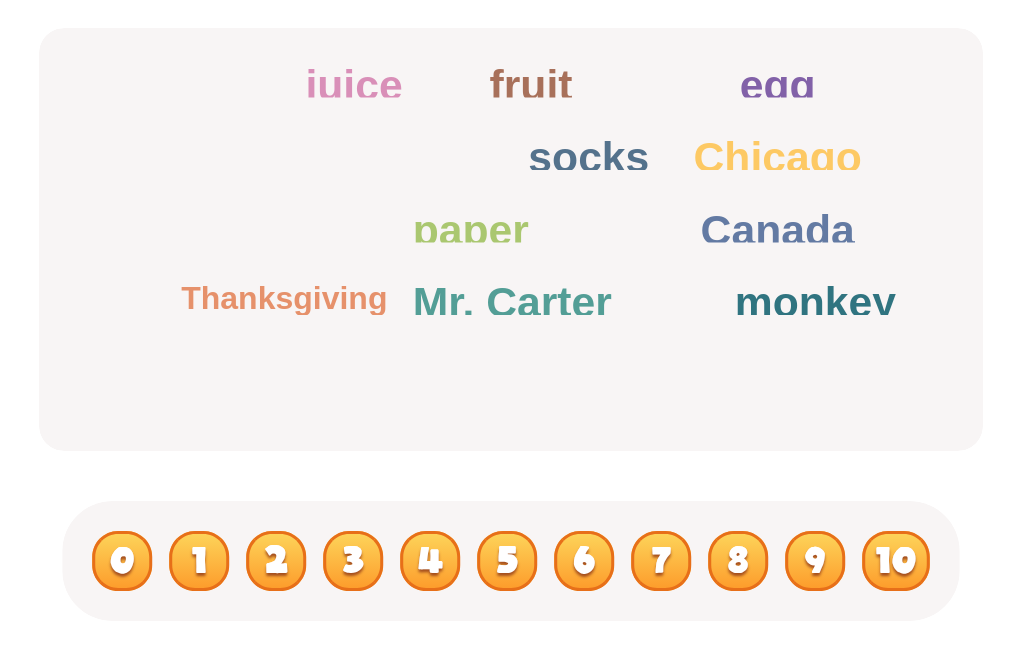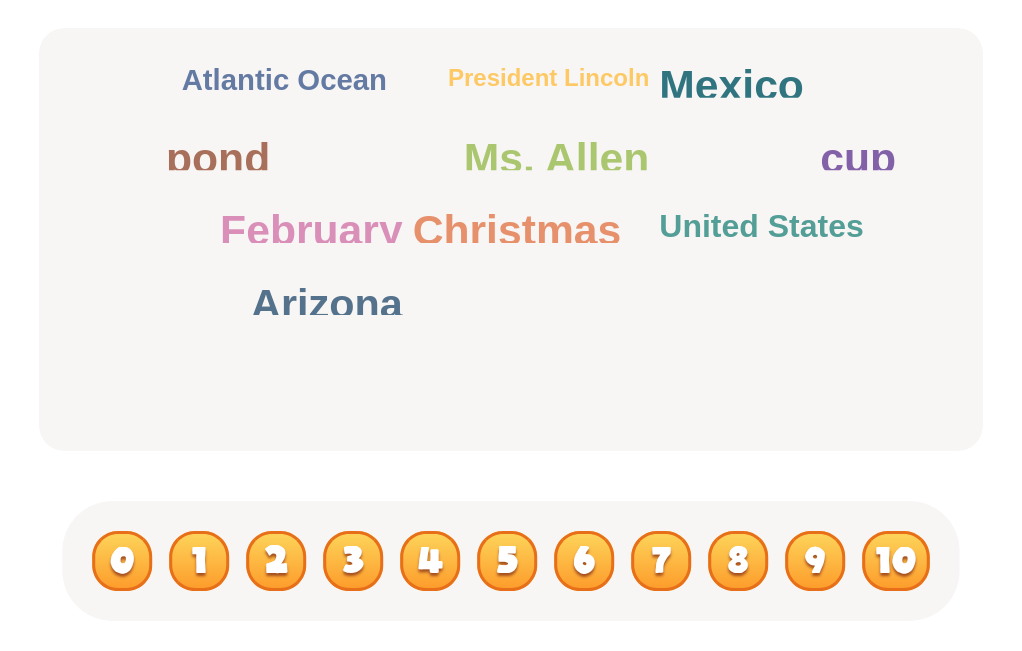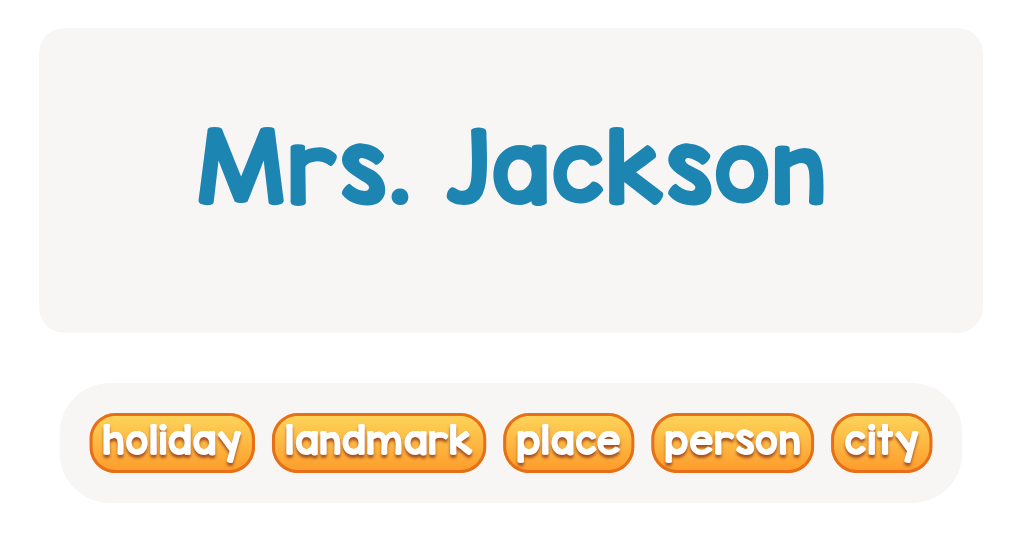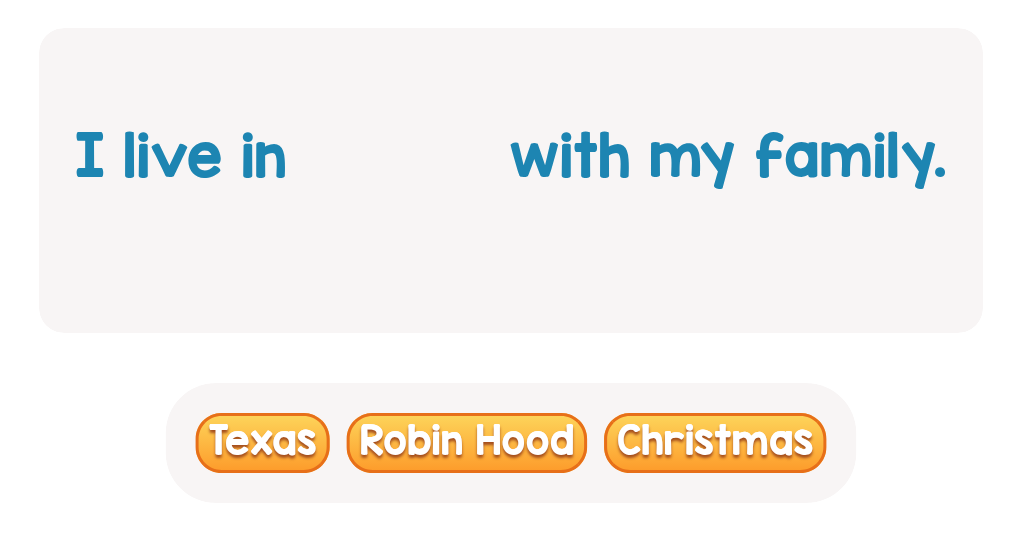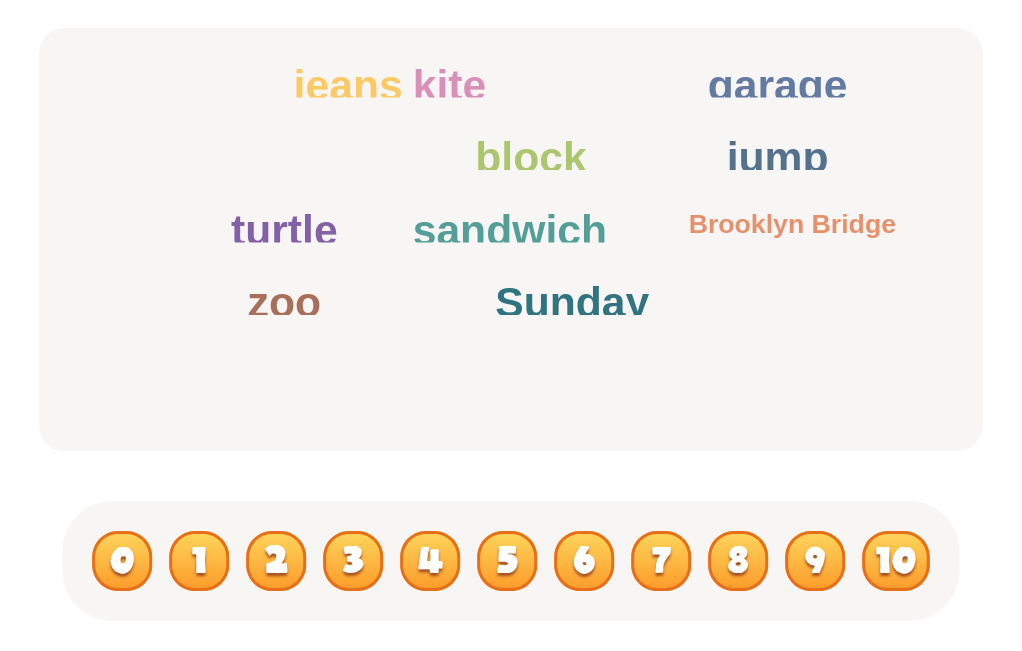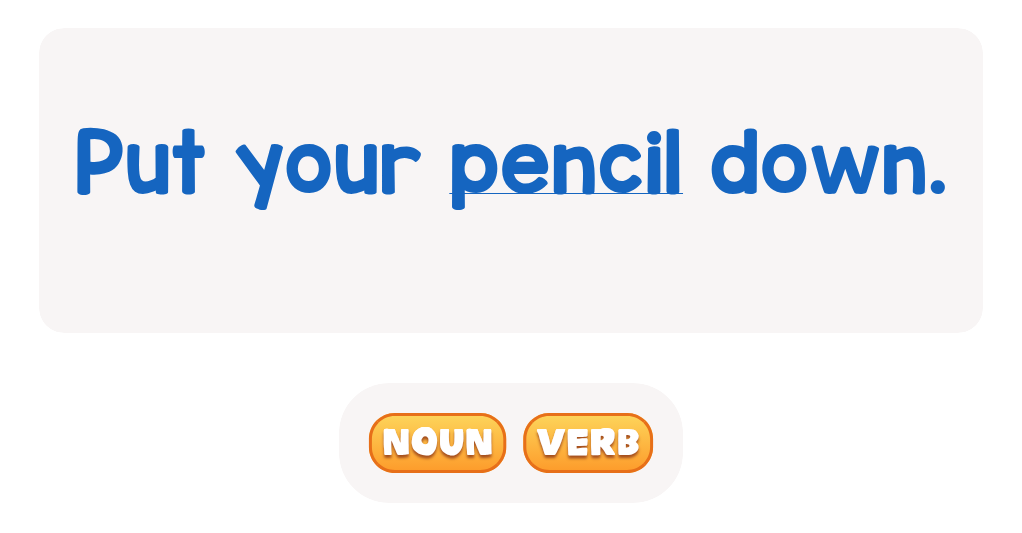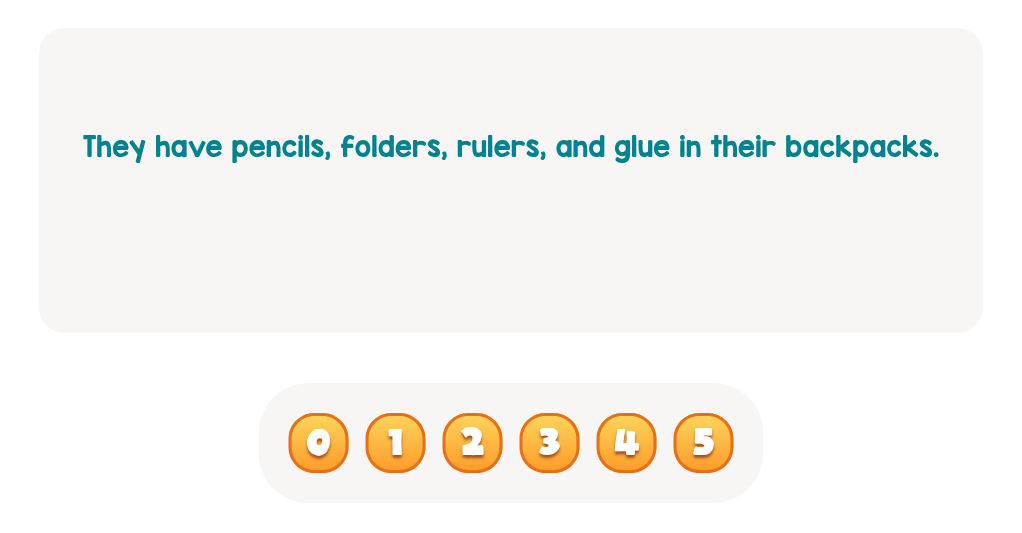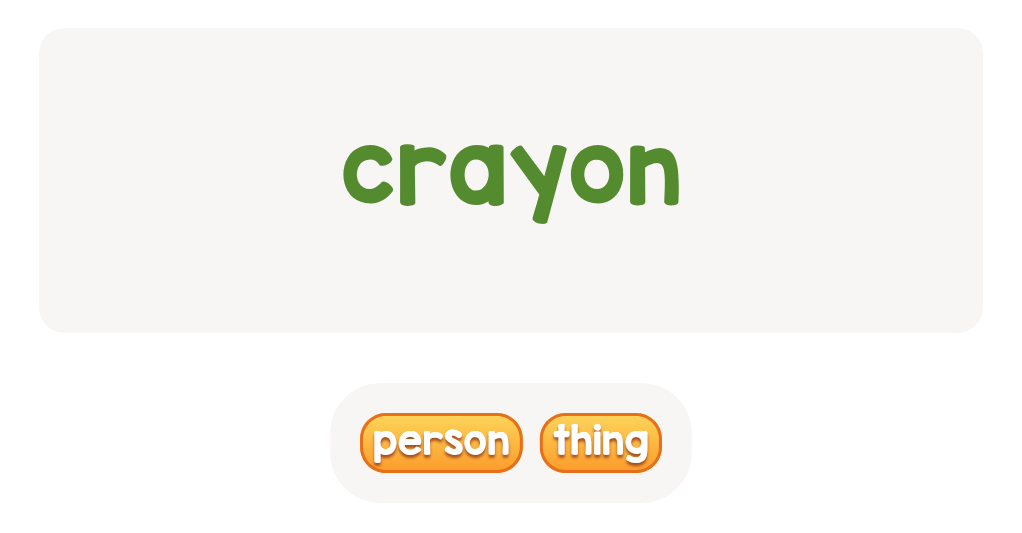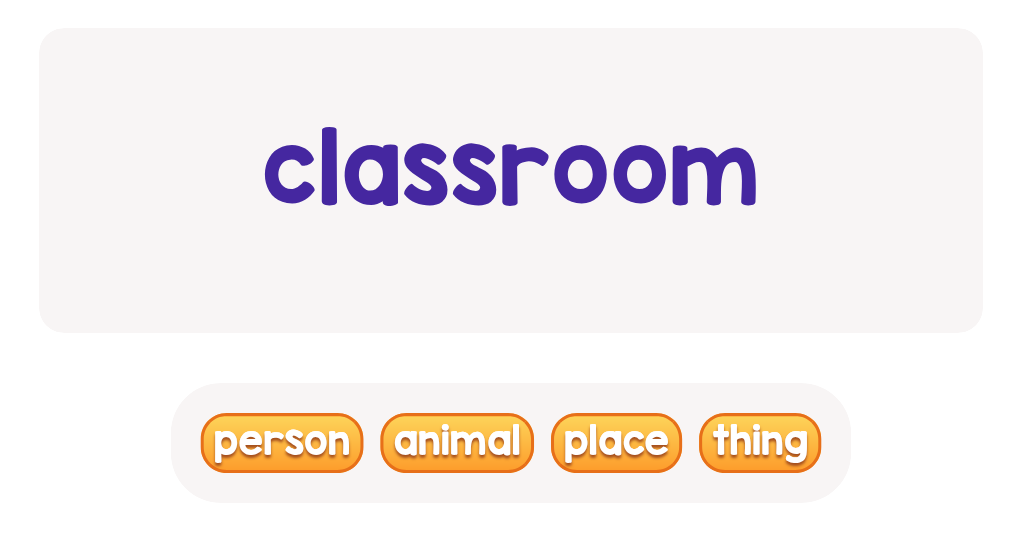Critical Thinking Normal Grammar Worksheets for Ages 3-8
3 filtered results
-
From - To
Enhance your child's critical thinking and grammar skills with our engaging worksheets designed for ages 3-8! These printable resources seamlessly integrate fun activities that promote essential language development and analytical thinking. Each worksheet encourages young learners to explore normal grammar concepts while solving puzzles, completing sentences, and engaging in creative writing tasks. With vibrant illustrations and interactive exercises, children will strengthen their understanding of grammar rules and improve their reasoning abilities. Ideal for homeschooling or classroom use, our Critical Thinking Normal Grammar Worksheets offer an enriching experience that fosters curiosity and communication skills. Start your child's learning journey today!
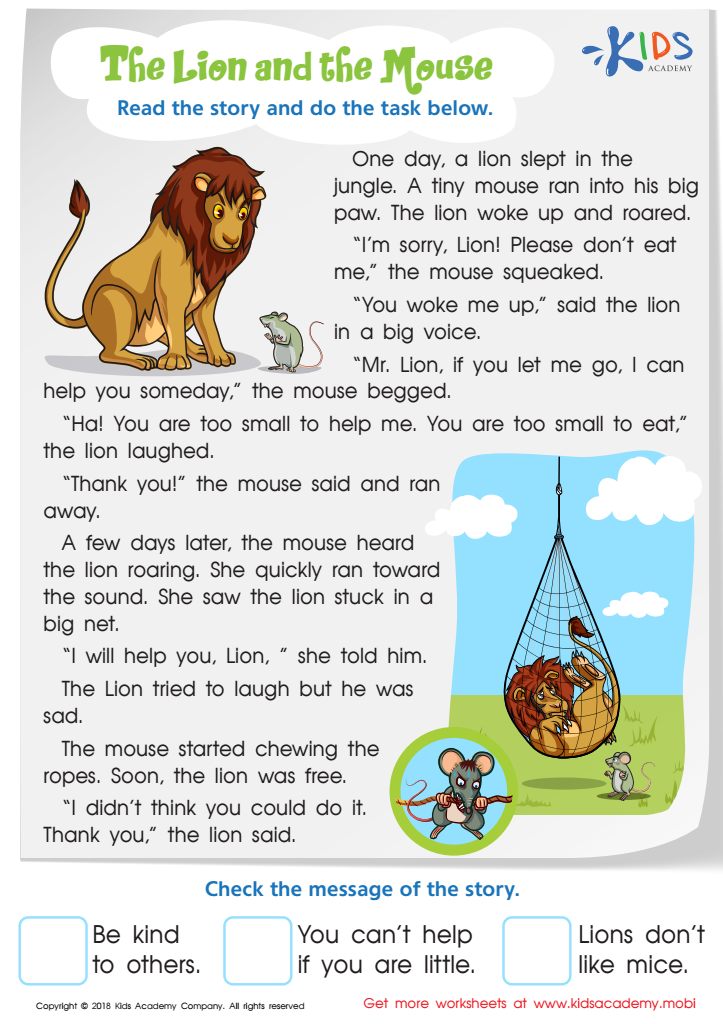

The Lion and the Mouse Worksheet
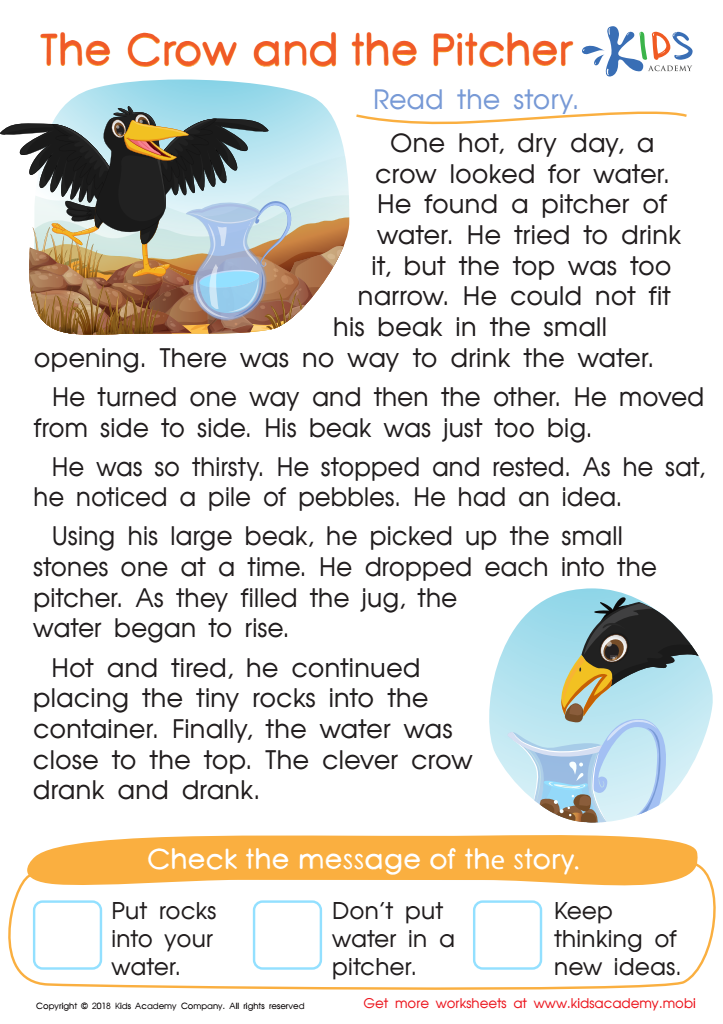

The Crow and the Pitcher Worksheet
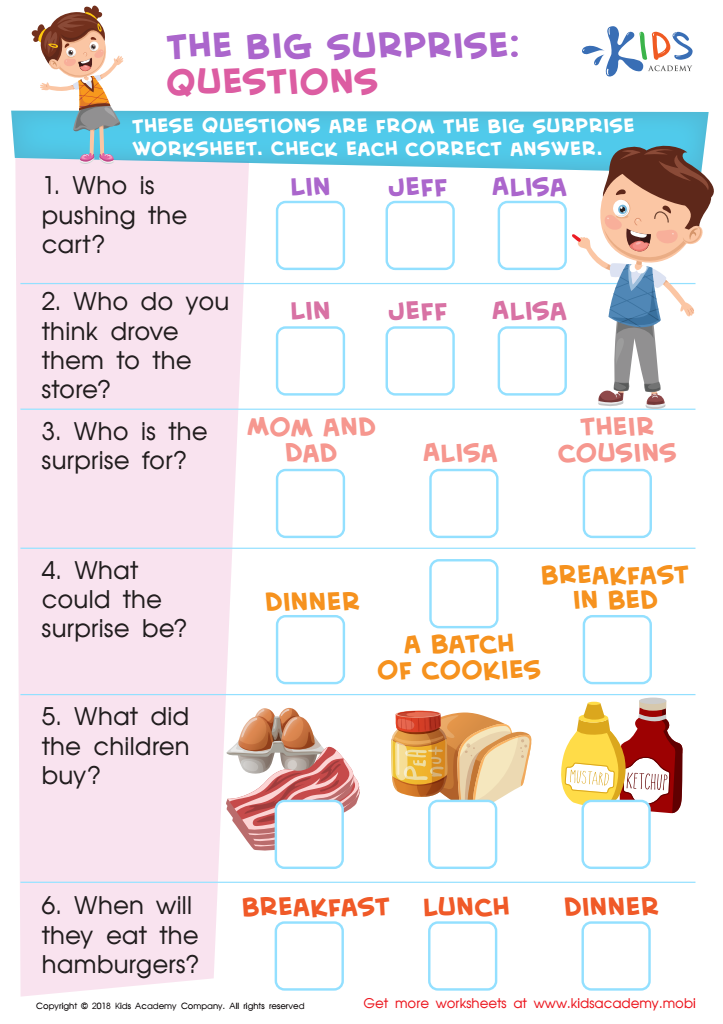

The Big Surprise: Questions Worksheet
Critical thinking is a vital skill that lays the foundation for lifelong learning, making it essential for parents and teachers to nurture this ability in children aged 3 to 8. At this stage, children are naturally curious and eager to explore their environment. Encouraging critical thinking fosters their ability to analyze situations, solve problems, and make informed decisions.
When parents and teachers incorporate critical thinking into daily activities, they help children develop skills like reasoning, questioning, and evaluating information. These skills empower young learners to think independently and creatively, moving beyond rote memorization to genuine understanding. For example, when engaging in play or storytelling, asking open-ended questions challenges children to think deeper and articulate their thoughts.
Moreover, cultivating critical thinking can enhance communication skills. As children learn to express their opinions and reasoning, they become more confident and effective communicators. This is particularly valuable in an increasingly complex and information-rich world where discerning fact from opinion is crucial.
In essence, prioritizing critical thinking in the early years is not just about academic success; it's about equipping children with the tools they need to navigate life with curiosity, confidence, and the capacity for sound judgment. Understanding and promoting critical thinking should be a shared goal for educators and parents alike.
 Assign to My Students
Assign to My Students
